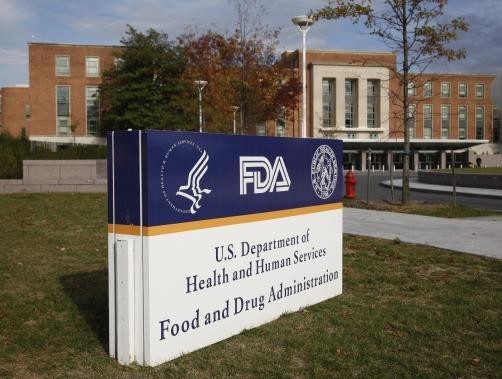PwC survey: Industry execs more willing to have US FDA judge drugs based on value

The survey from last summer found that 43% of execs support the idea of the FDA evaluating a drug based on both clinical and economic effectiveness, which was up from only 14% of executives supporting the concept in 2010.
In 2010, 68% of executives also said they were opposed to giving the FDA the authority to use economic data as a factor for approving or denying a new drug, while this year, opposition to economic considerations fell to 45%.
“Executives may be open to additional oversight as part of a more expedient, predictive process that spans the innovation life cycle from clinical development to postmarket surveillance,” the survey says. “Pharmaceutical leaders, recognizing the rapid transformation sweeping across the entire health sector, told HRI they are more willing than in the past to have their products judged based on value.”
FDA Relations
The increasing willingness to allow economic factors to contribute to a drug’s approval also comes as industry is seeing closer ties with the agency.
“Executives are turning their focus away from user fee programs meant to simply expedite the FDA’s processes,” the report says. “They desire a more collaborative relationship, one marked by greater flexibility in product development and review.”
Still, 78% said that the FDA has improved the quality and frequency of its communications in the past two years, while 76% think that the agency provided actionable feedback and 70% think it offered more applicable guidance, rules and regulations.
Industry also seems cognizant of the risks their new treatments pose. Seventy-one percent agreed that accelerated approval programs should be balanced with stricter post-market surveillance.
And executives are concerned that the FDA does not have the resources to keep pace with the scientific and technical breakthroughs revolutionizing the drug discovery and development process today.
“Science is advancing so quickly, it’s difficult for any single organization to stay on top of everything,” said Stacy Holdsworth, senior advisor of US regulatory policy and strategy at Eli Lilly & Company. “We need a system in the 21st century that allows regulators to access the scientific expertise they need, both internally and externally, in a timely manner.”
Other officials seem to think the FDA should do more than offer breakthrough processes for new drug approvals.
Mark McClellan, a former FDA commissioner, told PwC, “It does seem to be changing the way the agency is doing things. If this is a promising direction, we need to ask what else needs to change along with it. The breakthrough process is focused on drug review and approval but there are other things that need to get done at the same time such as review of good manufacturing processes.”
The views expressed also include those of smaller companies, which PwC found may “have the view that engaging with the FDA will result in more work and require additional resources that they don’t have. But limiting interactions with regulators may actually work against these smaller firms.”








